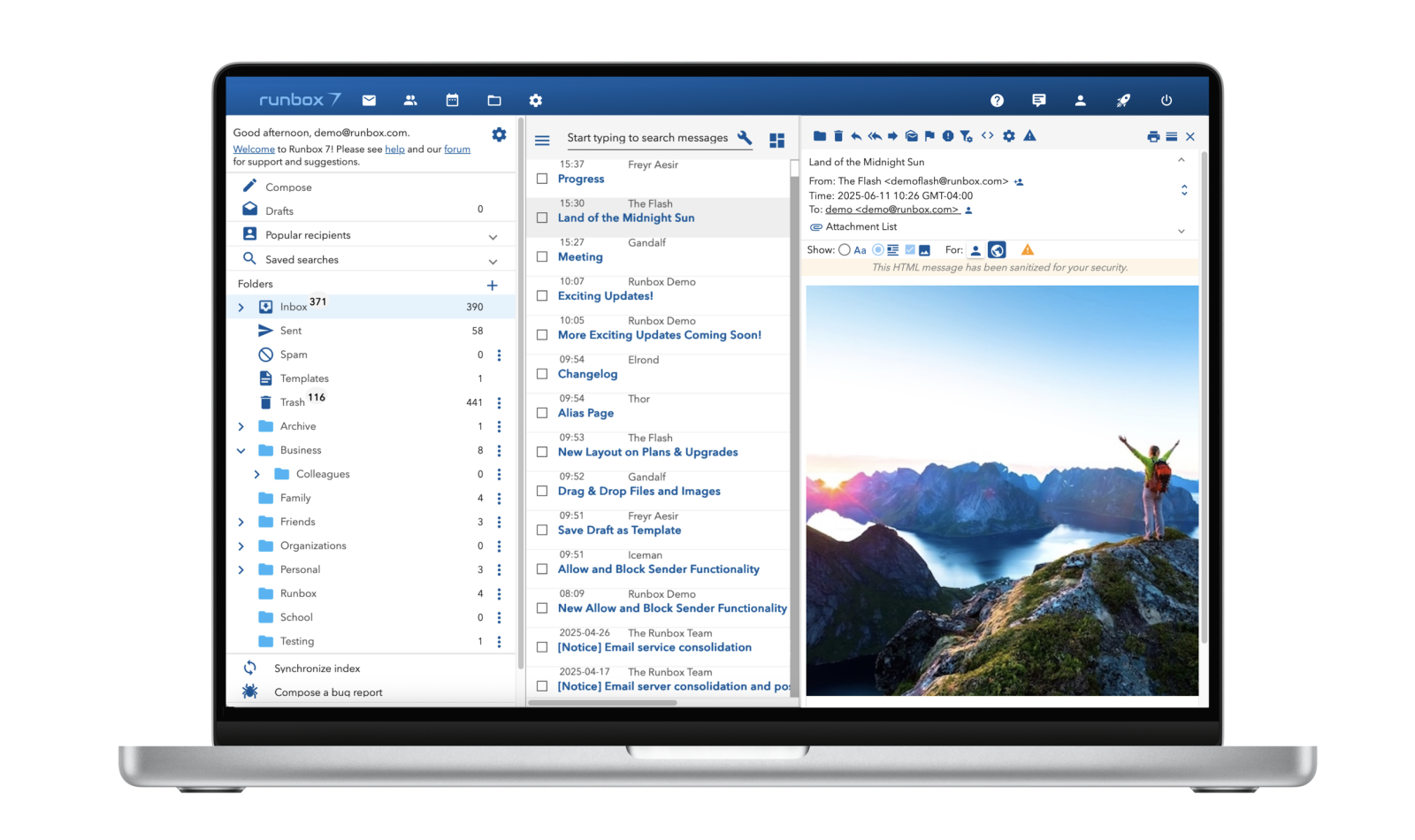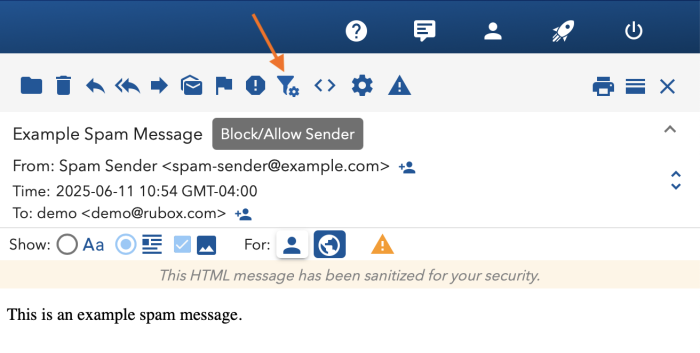In recent months, a wave of major data breaches has made headlines, affecting everything from healthcare providers and cloud platforms to educational institutions and tech giants. In many cases, billions of login credentials, passwords, and even session cookies have been exposed—often without the users’ knowledge.
These incidents are a good reminder: weak or reused passwords remain one of the easiest ways for attackers to gain access to your private data. Whether you’re protecting personal email or sensitive business information, strong password security is no longer a nice-to-have—it’s non-negotiable.



















